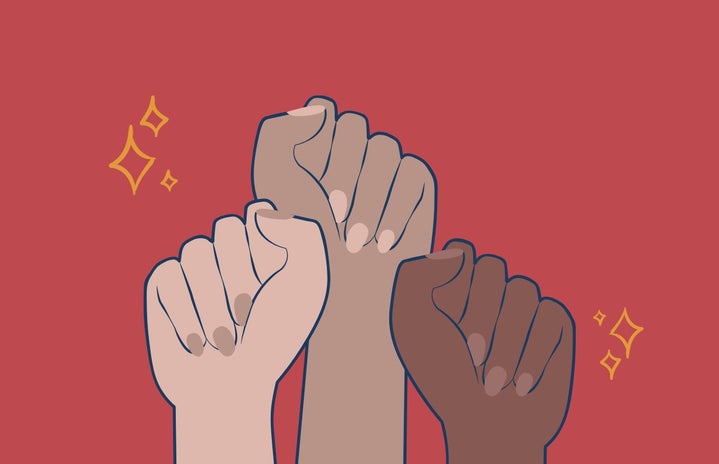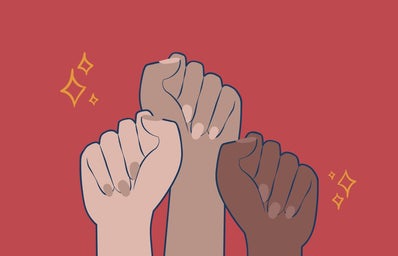What comes to your mind when you hear the word “feminism”? Some would immediately think of the “You Can Do It!” poster featuring Rosie the Riveter, an icon of women empowerment. Others may remember the wild protests by women about topics ranging from free bleeding to president Trump’s misogynistic remarks. If you are a Korean, you may be vigorously shaking your head in disapproval of the word because of the bad impression the infamous “Womad” group has given you. Which of these is feminism anyway? The bottom line is that all of these concepts are parts of feminism; however, each approach promotes a completely different ideology within the advocacy.

As society progressed, women wanted to be more than “just human.” They wanted to be heard by the government, they wanted a better condition in the workplace, and they wanted to regulate the patriarchy that ran the society while suggesting the maternal side as a model for the government. While this phase of Socialist Feminism brought women voting rights, it has triggered some feminists to shift into a matriarch perspective.
A cluster of these extreme feminists formed Radical Feminism and soon started to promote women’s empowerment over men under the title of feminism. A notorious group called “Womad” has sprung many controversies in South Korea for its aggressive posts against men on its website. Some of the contents of these posts include defamatory and acrid comments directed towards gay men and very gruesome pictures of cruelly killing street cats as a hate message towards men in general.*
It seems like today, women have achieved what the original feminists have wanted under the protection of the law — or to put it simply, that is what the media says. However, we are not there yet. Situations ranging from a normal woman’s daily personal experience of catcalling on the streets, glass ceiling in workplace, and expectation at home to graver situations our unfortunate sisters face such as rape cases, child-bride marriages, and genital mutilation are all pieces of evidence that scream injustice to the face of a gender-authority based society. The feminists know this, and what they wanted to achieve is not the “we are equal” facade that the society has put up, but rather the sincere and deep respect for women that is actively practiced by all. That is probably why the three types of feminists coexist to bring about constant changes to society for women to have a stable ground in line with men.
* Don’t get me wrong, not all South Korean women claiming to be feminists (including myself) are radical feminists. The only reason I have mentioned “Womad” is to introduce a madly biased “feminist” group that has left a negative impression of the feminist movement on the Korean citizens.


